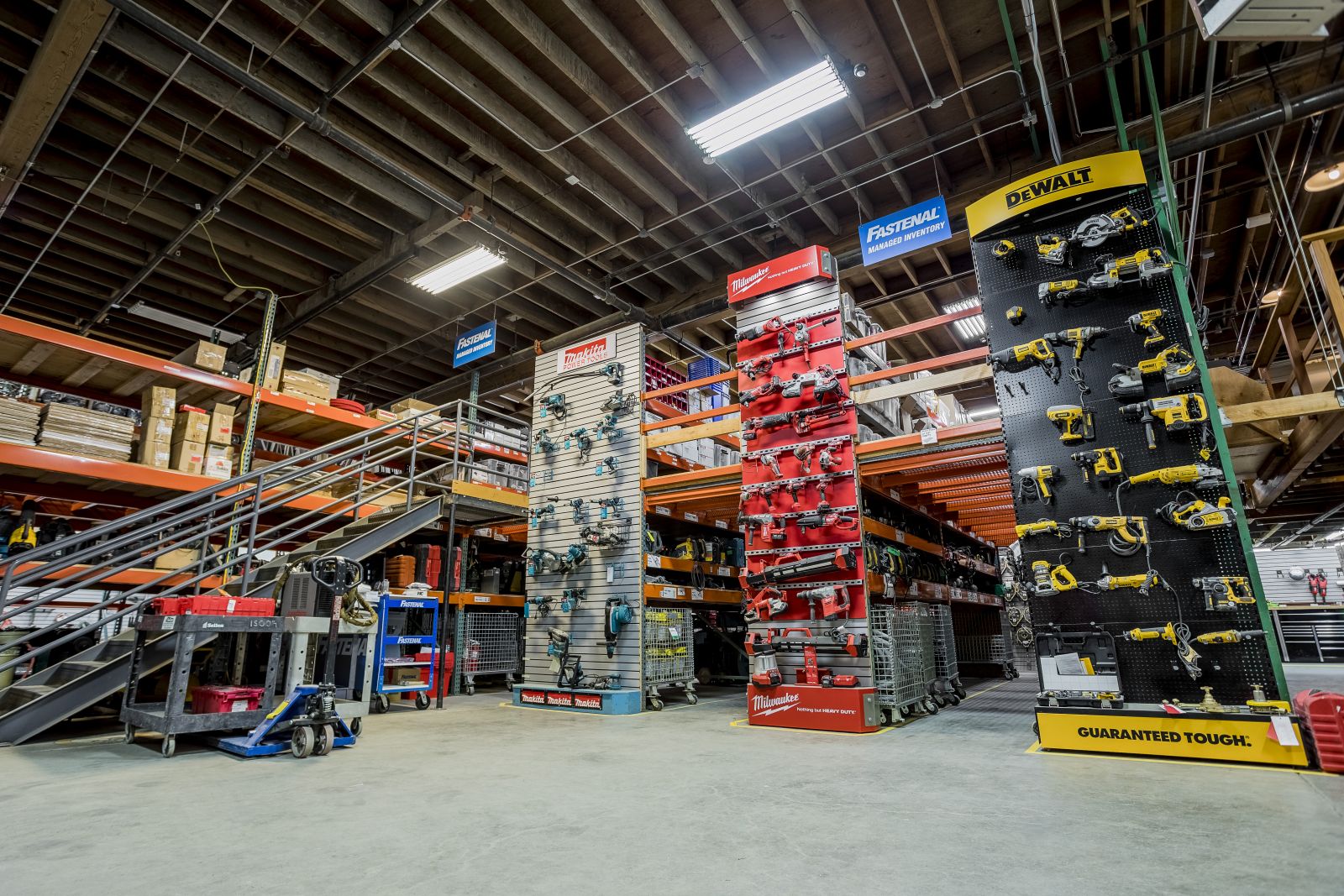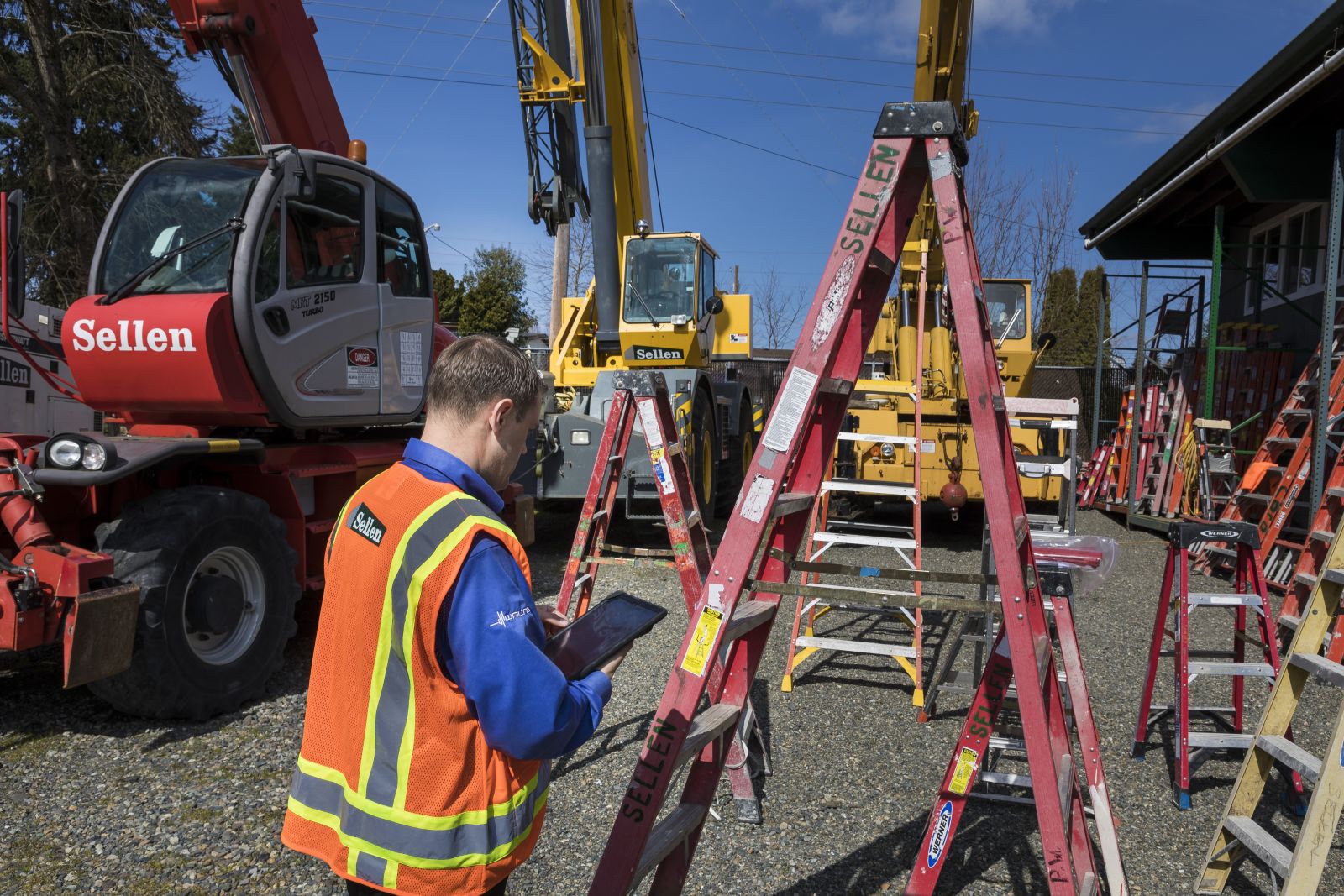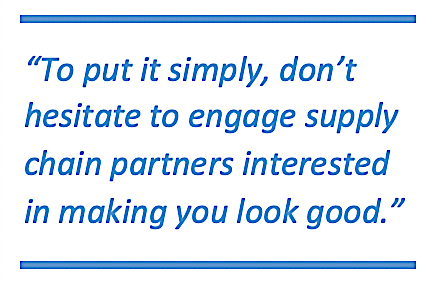Tips from a Supply Chain Guru
With the labor market tightening, companies need to create more efficiencies. Whether it's ensuring a worker has the optimal tools to reduce cycle time, or adding wearable technology to alert when there's a stoppage on the production line, every step in the supply chain has an opportunity to be leveraged.
What does this mean for companies? Simply put, the push for productivity has more to do with existing resources than new technologies. Here are three questions to help you to get the most out of your supply chain.

What does it mean to leverage a supply chain?
Leveraging the supply chain is about core competencies and expertise. Every successful company in the world was created to address a specific need in the market.
Over the last couple of decades, much of the focus has been about "cost savings" in the procurement process. In more recent years, that has extended beyond piece price to the concept of TCO.
That's all well and good, but simply improving the efficiency around product acquisition and consumption isn't leveraging the supply chain. That all can be accomplished through outsourcing labor.
True supply chain leverage is bringing something to your business from your supply base that is unique - a level of collaboration and achievement that neither organization could accomplish on its own.
Given the changing philosophies around product acquisition, suppliers that want to be successful in the long run need to bring a level of expertise that sets them apart from the competition; otherwise, they're just labor and a commodity supplier.
 Try to look at the impact the supply chain partner can have on the customer's customers. How is the supplier affecting quality, delivery, and the overall customer experience? When that impact is positive, leverage is occurring in supply chain utilization.
Try to look at the impact the supply chain partner can have on the customer's customers. How is the supplier affecting quality, delivery, and the overall customer experience? When that impact is positive, leverage is occurring in supply chain utilization.
Companies can use the supply chain to increase revenue in a multitude of ways - starting at the most basic leverage point of productivity and output, all the way to improved quality and elevated market perception and status. Increasing capacity through supply chain integration can be a revenue and profit differentiator for high-output operations.
Some organizations heavily publicize their supply chain relationships to sell their progressive and innovative approach, in an effort to improve competitiveness and win business from their customer base. Whatever the purpose, the supply chain leverage points are vast, and the importance of finding the right partners for what's important to your organization can't be overstated.
One executive truly believed that his supply chain, the expertise each partner brought to the business, was the differentiator in his company's ability to be competitive and produce quality products on time for their customers. He viewed it as his supply chain competing against his competitors' supply chains. For him, the end product is kind of like the scorecard in a larger competition of supply chains.
How can a company change the culture?
Culture is definitely a dark horse variable in the success of supply chain integration, and can make a big impact on the enterprise. Typically, the more vertically integrated and self-sufficient the organization, the more challenging it is for them to relinquish control of non-core processes and competencies.
That said, it's important to understand that it's not about changing the culture; it's about organizational awareness. What does your company do really well? What fundamental principles have made it successful? How can you find supplier partners who will support those principles, but also provide complementary expertise and services to enhance the enterprise?
At some point, every organization - large or small, public or private - operates with constraints. They have to make choices about where to invest and allocate resources.
When you collaborate with your supply base to reduce costs, it unlocks resources for investing in business improvements. When they introduce ideas to reduce delays and touches, that's time you can redirect toward production and customer service. A strategic supply chain integration doesn't change your culture - it strengthens it.
Do you have to already be perfect?
For some supply chain professionals, just the idea of change is paralyzing. They look at any change as giving up control. They'll delay it with common refrains like, "We aren't ready," or "Let us fix this first."
 Because they believe they are solely responsible for the changes, they end up leaving a wealth of outside expertise and resources on the table. The mistake is in thinking of the supply chain as something to be "managed," rather leveraged through collaboration. When you find the right partners, bring them in and show them your dirt, your scars, and your deficiencies, but also share what's important.
Because they believe they are solely responsible for the changes, they end up leaving a wealth of outside expertise and resources on the table. The mistake is in thinking of the supply chain as something to be "managed," rather leveraged through collaboration. When you find the right partners, bring them in and show them your dirt, your scars, and your deficiencies, but also share what's important.
The best of the best will be your agent for change. They will improve the speed at which you can realize the benefits of their involvement. They will measure what's important, and help you sell the benefits to stakeholders in your company. To put it simply, don't hesitate to engage supply chain partners interested in making you look good.
Kris Van Dalen is Fastenal's Vice President of Onsite Solutions. He has been with Fastenal for 15 years and has lead teams in the installation of hundreds of onsite solutions.
Fastenal | www.fastenal.com
Author: Kris Van Dalen








